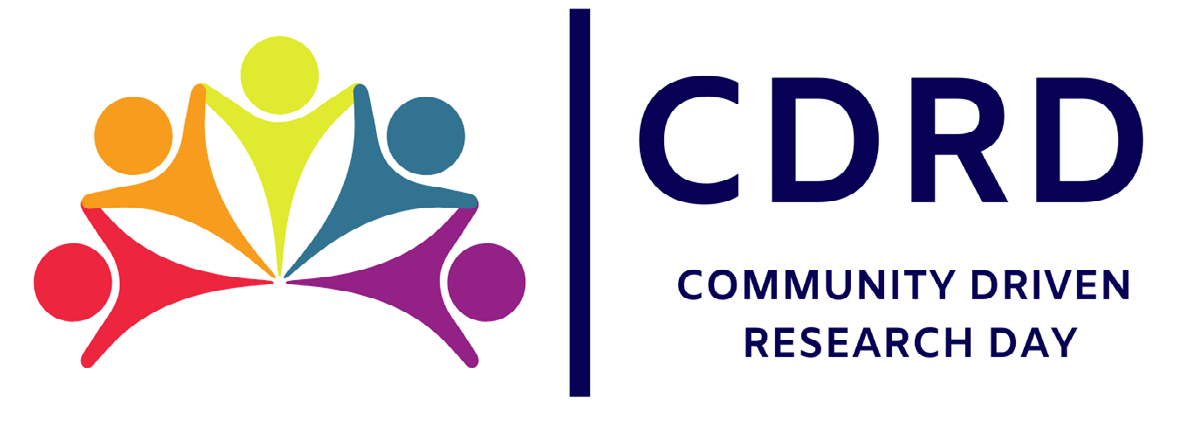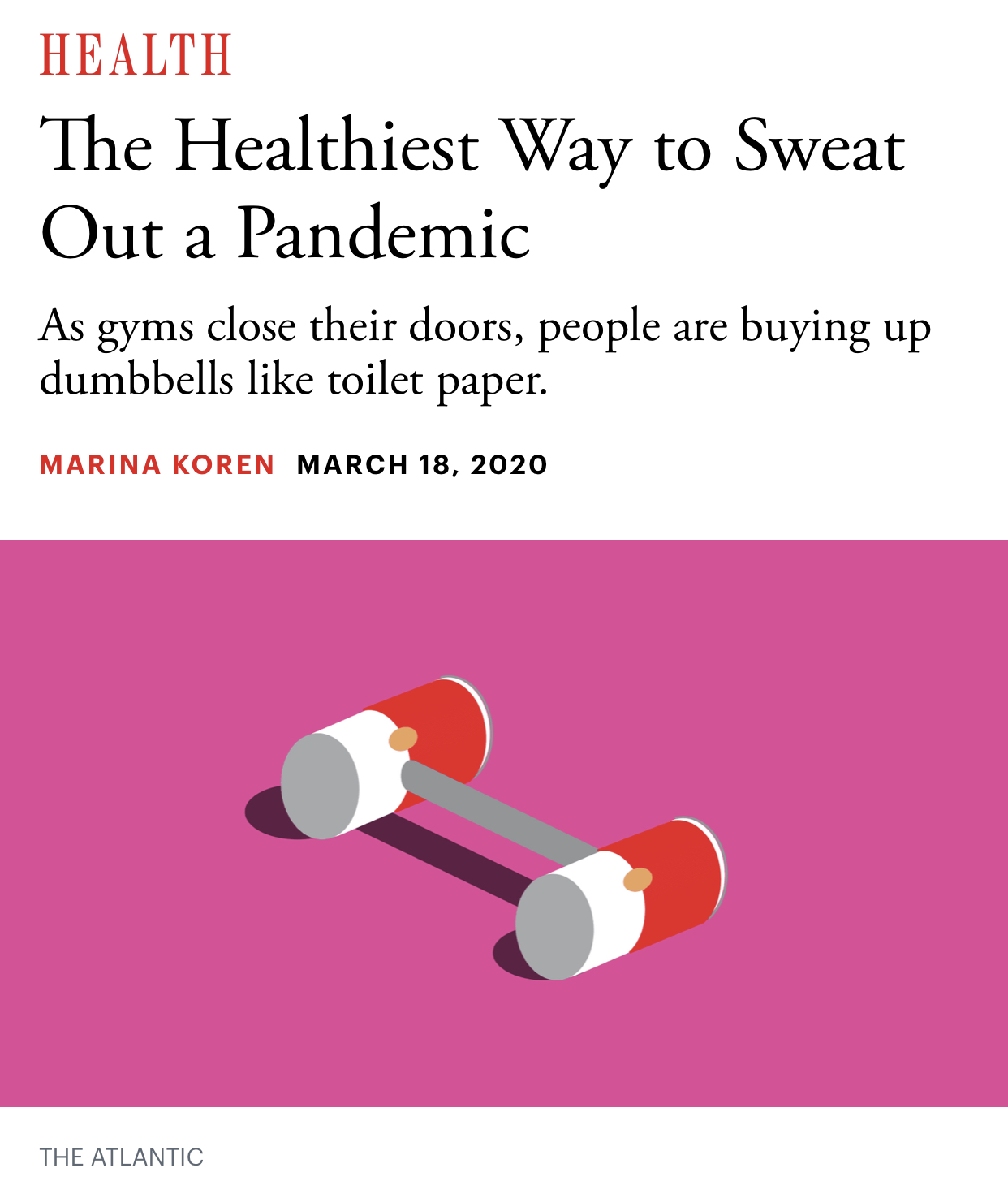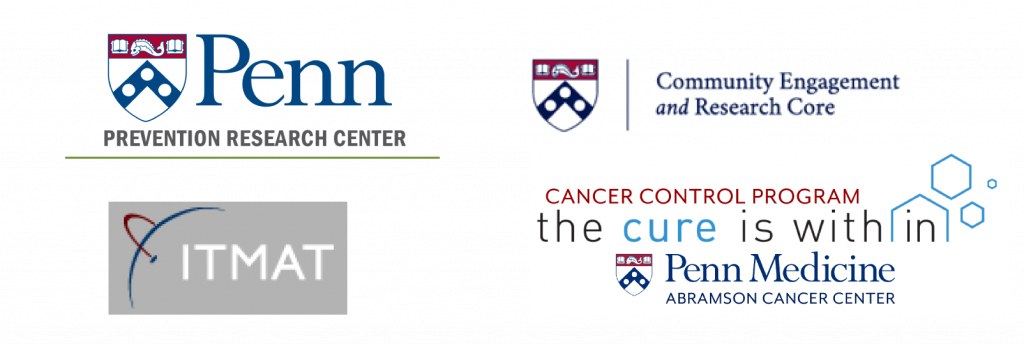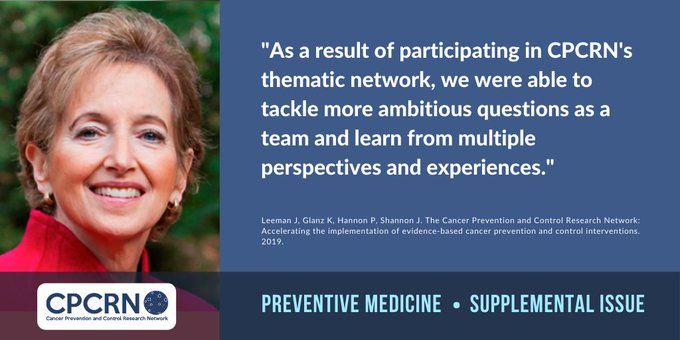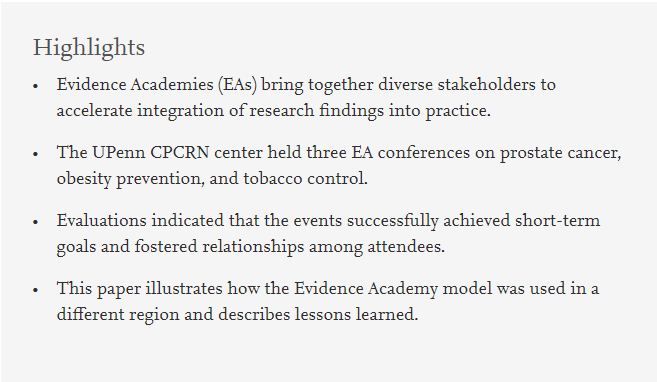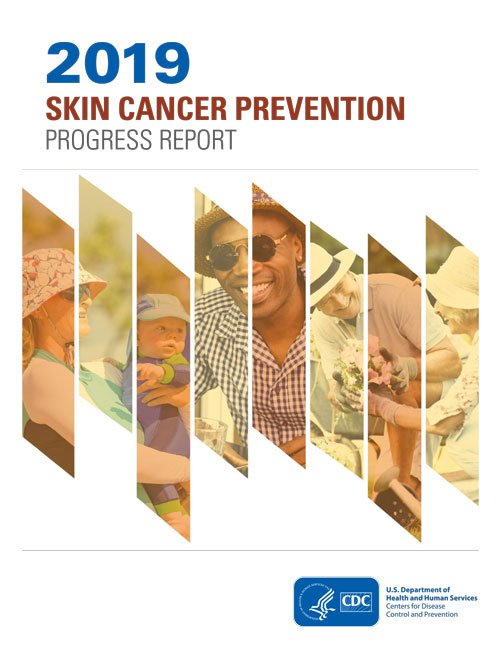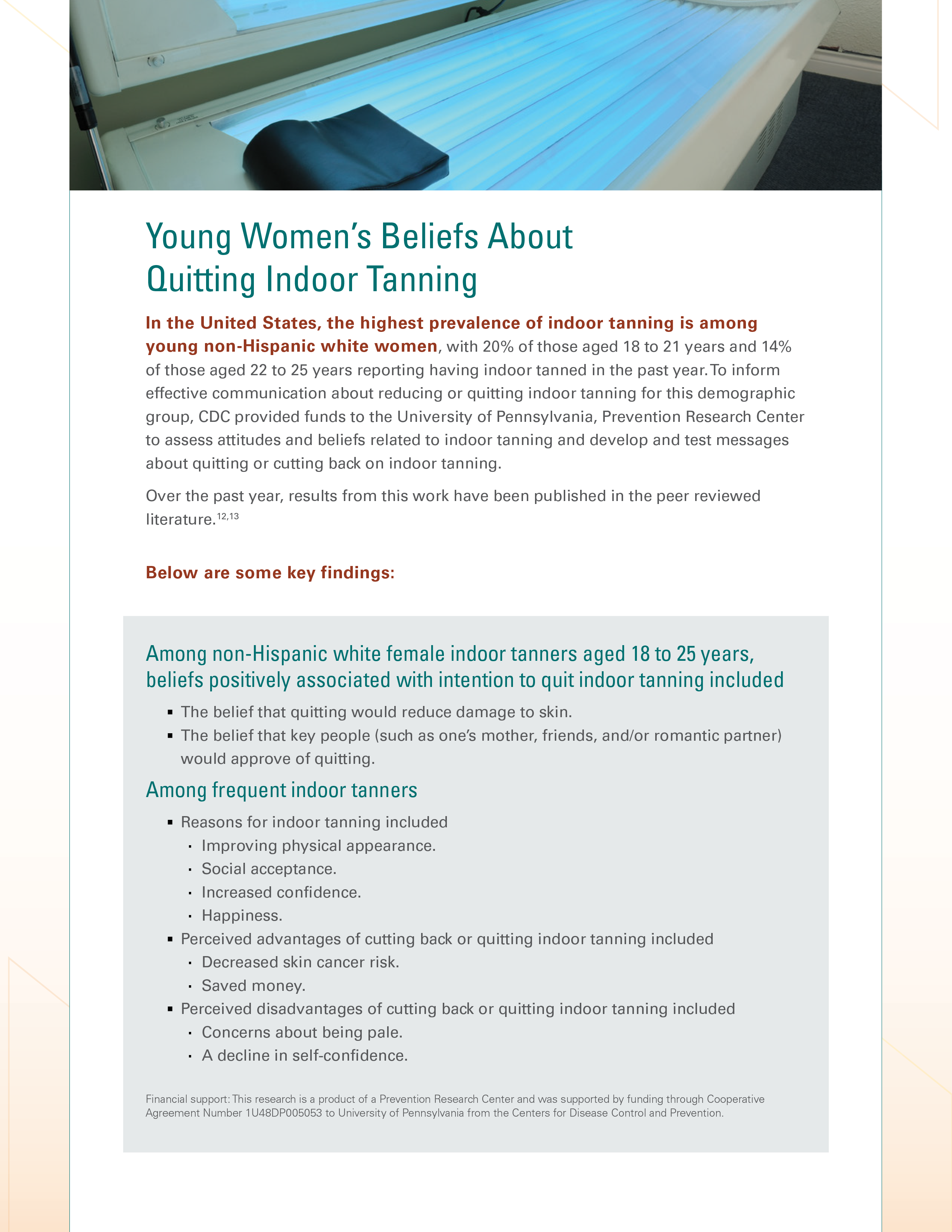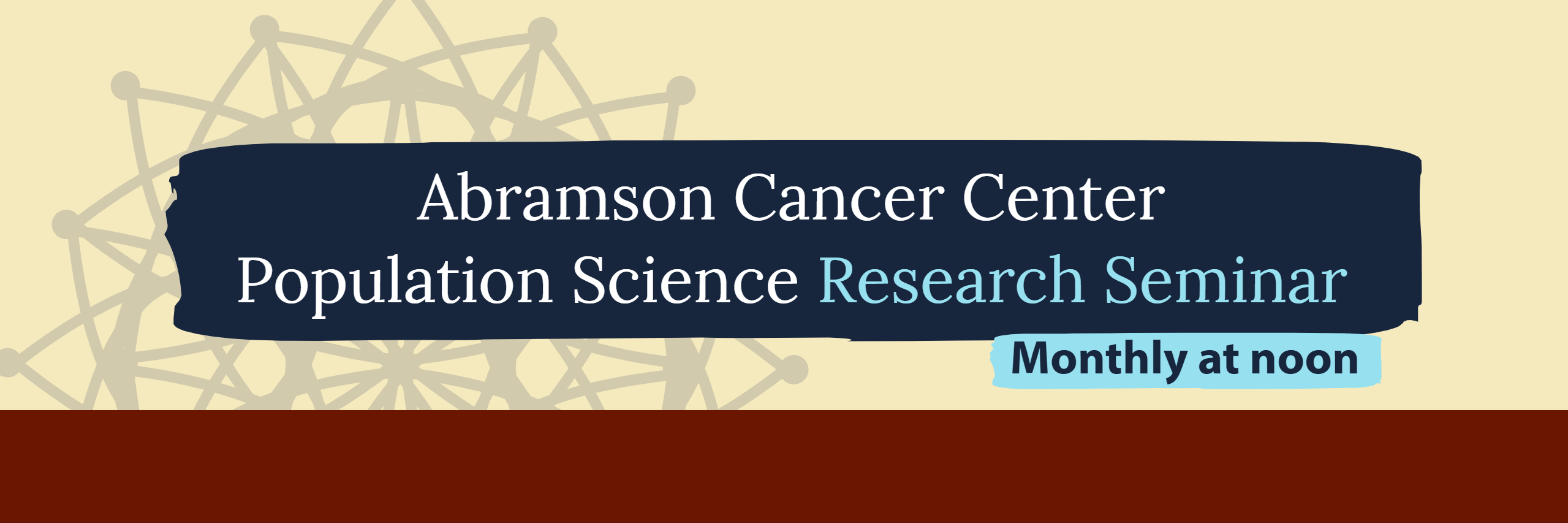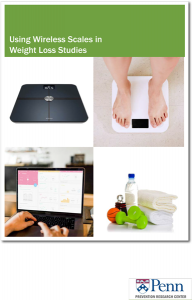Community-Driven Research Day
Virtual Presentations
Join us for the 11th annual Community-Driven Research Day, co-sponsored by the Center for Violence Prevention. “Resilience and Action to Improve Health” will be held virtually on Thursday, 2/11 from 10am-12:30pm. Barbara Israel, DrPh, of the University of Michigan’s School of Public Health and the Detroit Community-Academic Urban Research Center is slated as the keynote speaker.
Making connections
The goal of the event is to encourage collaboration between university-based research partners and community-based organizations (CBOs). A connection will be made through virtual presentations in themed breakout sessions, where CBOs and community groups will highlight their questions to researchers. Experts will be available from Children’s Hospital of Philadelphia, The University of Pennsylvania, Temple University, Drexel University, Thomas Jefferson University, and Philadelphia College of Osteopathic Medicine.
This is a great opportunity for your community organization to connect with academic researchers, who have an interest in community/academic partnerships around public health concerns. Topics include, violence prevention, poverty, homelessness, food insecurity, health and wellness, etc.
Funding the future
Following the event, up to eight $10,000 pilot grants will be made available to support interdisciplinary, community-based participatory research in health. The available funding is limited to presenters of Community-Driven Research Day in partnership with faculty of CHOP, Penn, Temple, Drexel, Jefferson, and PCOM.

